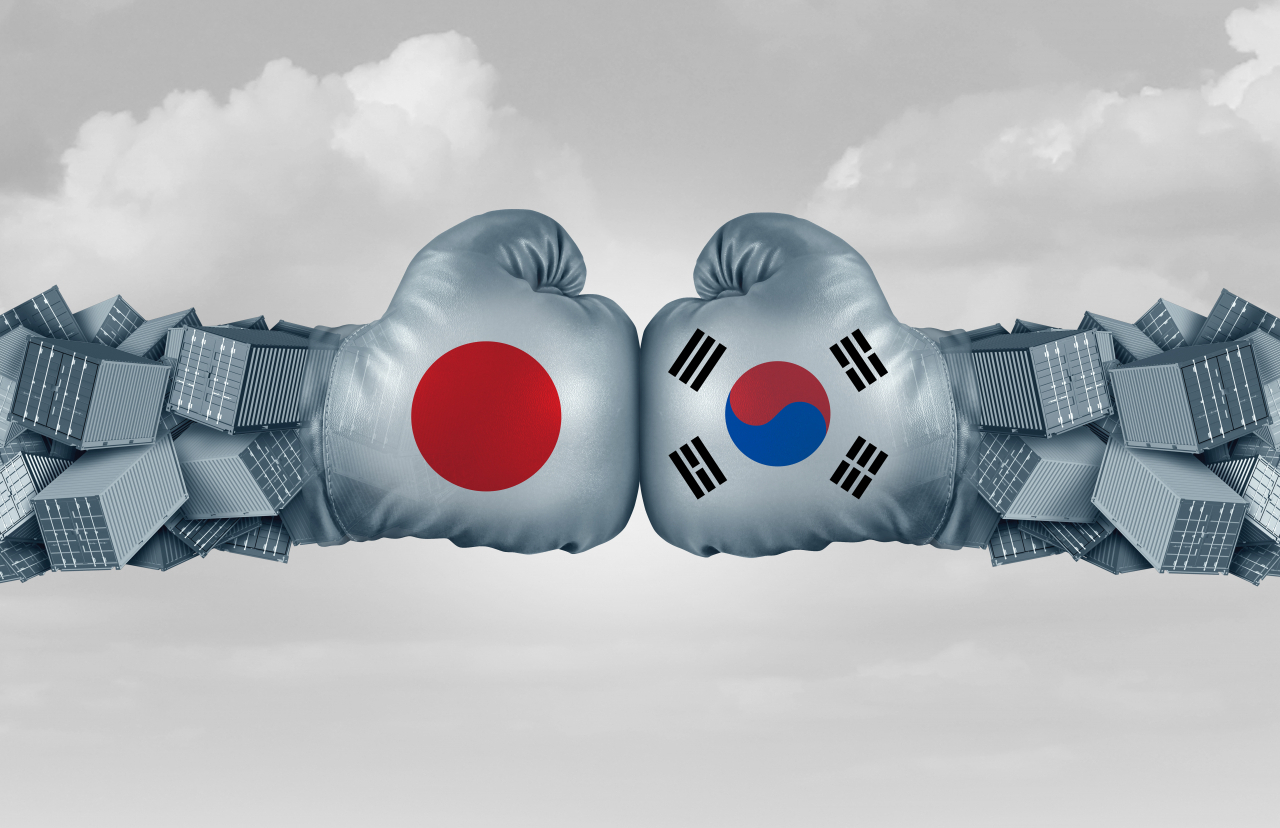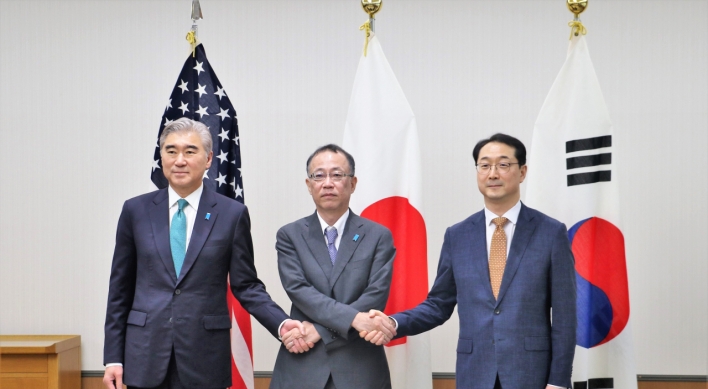Court nixes forced labor payment
Foreign Ministry to fight ‘legally flawed’ decision
By Choi Si-youngPublished : July 4, 2023 - 18:28

A South Korean court on Tuesday refused to remit government money as compensation to a Korean victim forced into during Japan’s 1910-45 colonial rule. She contends that the compensation should come from the Japanese companies held liable for damages as per a 2018 Korean court ruling.
Yang Geum-deok, 94, is one of the four victims that have refused such deposits mandated by the March 6 settlement, which relieves the Japanese firms from having to compensate the 15 victims and requires a Korean government foundation to pay them instead. Four months ago, the Korean and Japanese leaders shook hands on the compromise.
The Gwangju District Court’s decision to turn down a request from the Foreign Ministry to place court deposits is the latest highlight of what is still a divisive historical dispute that the Korean government wants resolved, despite protest from some victims and public opinion sympathetic to their cause.
“We express strong regret over the court decision,” the Foreign Ministry said in a statement, saying it will fight the “legally flawed” decision. The ministry added that dismissing such deposits on grounds of a recipient’s objection is “unprecedented because the court official in charge of the matter had done something not in the official’s job description.”
The ministry underscored that court officials handling clerical work have no discretion to make such a call, saying a hearing should take place to rule on the issue.
The ministry added that it will press ahead with the same plan for the three other victims that have refused to take government money. The ministry said it is waiting for court approval on one victim and refiling court documents for another. It refuses to disclose any details on the remaining victim, citing protocol for withholding sensitive personal information.
But even if the court were to accept such deposits, the ministry faces an uphill battle. The four victims refusing government money as compensation have said they will lodge a formal complaint in court, potentially unleashing a string of protracted legal battles.
The court would have to determine whether the victims’ rejection of government money could be a factor in rendering such government payment void. The victims and their representatives have repeatedly argued that it could, while the Foreign Ministry maintains such rejection has no place in affecting any kind of government action. The two sides refer to the same civil code, but different articles.
The ministry, for its part, is still adamant, saying it “has already done extensive legal research and consulted experts” in its decision to seek court deposits so the remaining victims could pick them up at any time of their convenience.
“Proceedings required for depositing compensation are underway for those who either have yet to receive payment from the fund or are unable to do so,” the ministry said, adding the government will continue to back efforts to persuade those refusing the March 6 settlement to accept the compromise.
Since May last year, the Yoon Suk Yeol administration has been doubling down on improving relations with Japan by first moving past colonial disputes. For the administration, Tokyo is a key security and economic partner, as South Korea eyes disarming North Korea and a bigger role in a US-led coalition seeking to contain China.










![[New faces of Assembly] Architect behind ‘audacious initiative’ believes in denuclearized North Korea](http://res.heraldm.com/phpwas/restmb_idxmake.php?idx=644&simg=/content/image/2024/05/01/20240501050627_0.jpg&u=20240502093000)
![[Music in drama] Rekindle a love that slipped through your fingers](http://res.heraldm.com/phpwas/restmb_idxmake.php?idx=644&simg=/content/image/2024/05/01/20240501050484_0.jpg&u=20240501151646)







